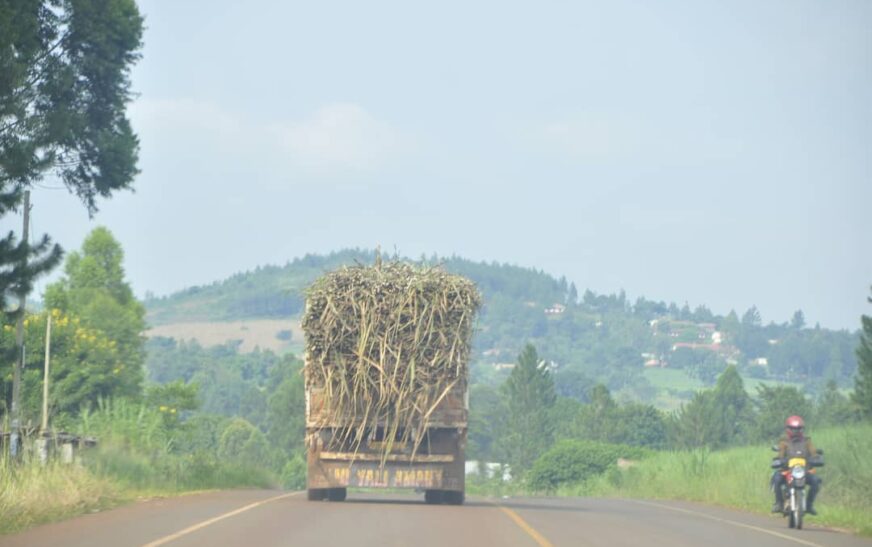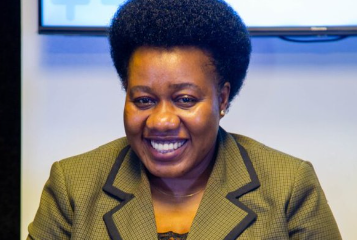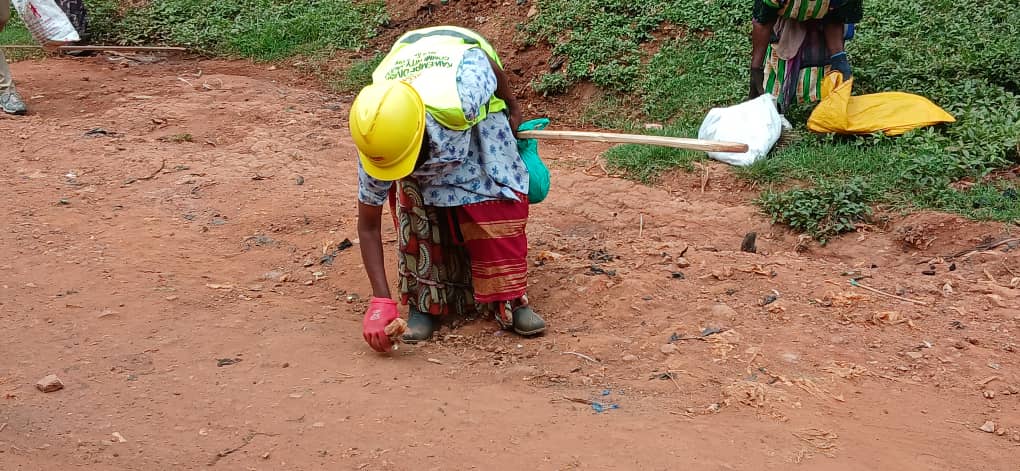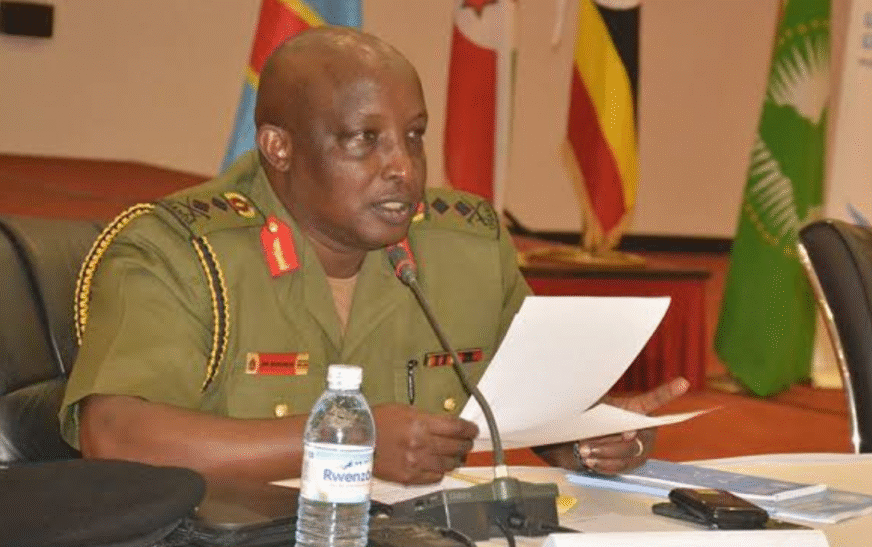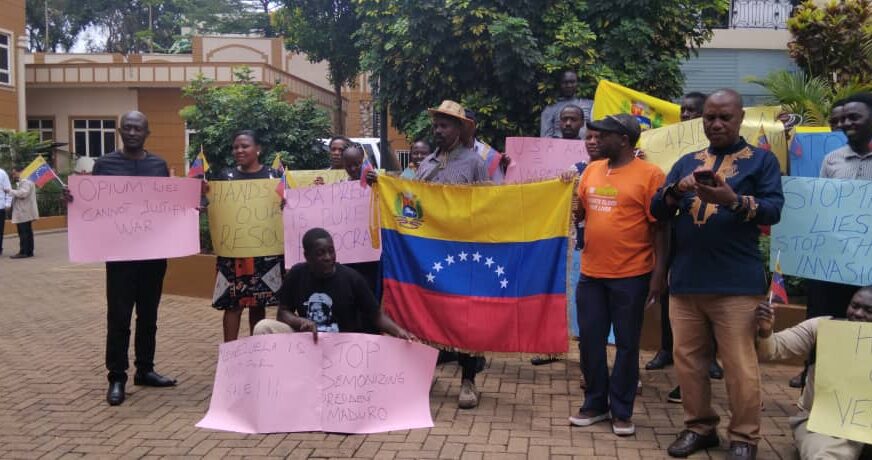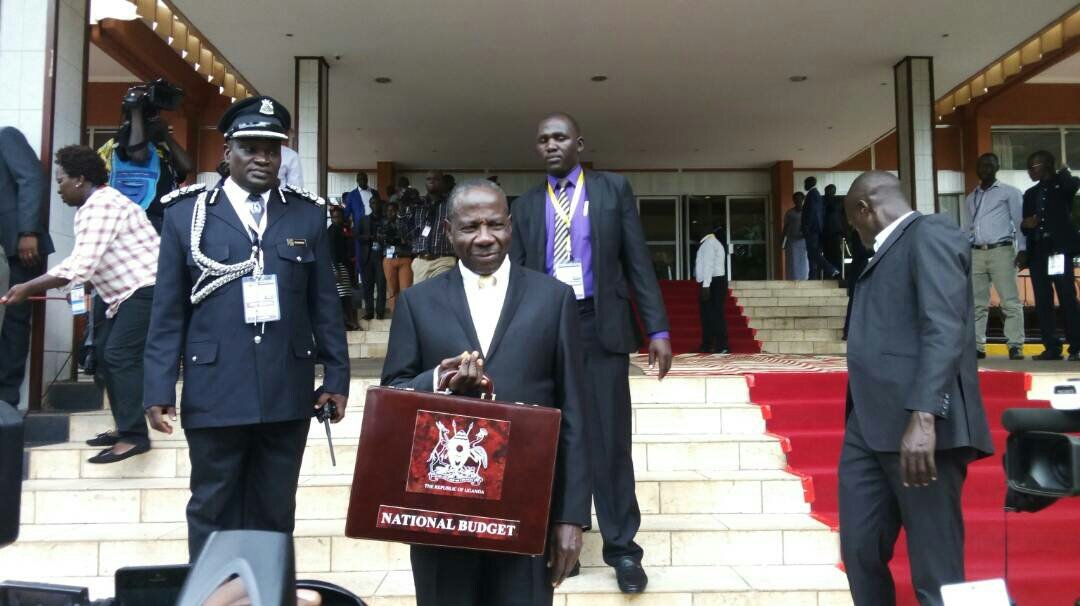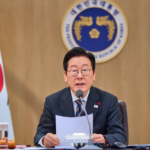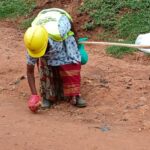Busoga sub-region sugarcane growers have expressed their frustration over the Minister of Trade’s failure to send their nominee to the Cabinet for approval.
In May 2023, the President signed the Sugar (Amendment) Bill, 2023, marking a significant step toward addressing the challenges facing Uganda’s sugar industry. The bill aims to bring order to the sector, one of the industry’s most pressing issues.
After the President signed the bill on May 30, 2025, the Minister of Trade sent a letter to sugarcane farmers’ representatives, asking them to nominate four members to the Sugarcane Stakeholders Council, which is tasked with managing the sugar sector’s affairs.
However, growers have expressed disappointment with how the nomination process is being handled.
“We are concerned about how this process is being managed. We expected that, given the four sugarcane-growing regions in Uganda, there would be one representative from each: Bunyoro, Busoga, the Northern Region, and Buganda. Instead, the Minister has begun selecting individuals,” one grower stated.
In the Busoga sub-region, there are 11 sugarcane-growing organizations, including the Mayuge Sugarcane Growers Association, CN Sugarcane Growers Association, Kaliro Sugarcane Growers Association, GM Kamuli, and others. On September 14, these organizations met and nominated Budugo Isa. Despite the fact that nine of the 11 organizations supported his nomination, the Minister has yet to act on it.
“This situation calls for a democratic appointment process. Budugo Isa should have been sent to the Cabinet for approval, but this did not happen. Instead, the Minister selected only one representative from one organization, which is unacceptable. We cannot, and will not, accept this,” said Budugo Isa, a nominee for the position.
“Our message to the Minister is clear: if he cannot manage this issue properly, he should come to the ground and engage directly with the organizations in Busoga sub-region. We need to ensure that the person nominated truly represents us all, not just a select few,” he added.
The growers are urging the Minister to act quickly, as the Council’s work must begin as soon as possible. Failure to resolve this matter will only lead to further issues. The goal of the Council is to regulate the industry, bring all stakeholders together, and address the challenges that the sector faces.
On the issue of pricing, it is crucial that all stakeholders—farmers and millers—be included in the conversation. Growers are calling for a platform where they can sit down and discuss solutions to the sector’s problems.
“When the President ordered millers to stop deducting 5% for ‘rubbish,’ some millers reportedly refused to comply. Some were charging as much as 10% or even 20%. Even though the President issued a direct order, they ignored it. The Minister sent a letter, but they still didn’t act. We don’t know who will hold them accountable, but we will push until this practice stops,” one farmer commented.
The formation of the Sugarcane Stakeholders Council is key to addressing this issue. Once established, the Council will ensure that millers can no longer make these deductions.
Millers are also waiting for the Council’s formation. If the Council is not established on time, growers will take further action to force compliance.
Some millers claim that the deductions are for “rubbish” — the leaves and tops of sugarcane but it’s important to note that in other countries, these byproducts are used to produce bagasse, which generates heat and electricity. Excess electricity is sold to the national grid, generating additional revenue.
“We believe that once the Sugarcane Stakeholders Council is fully functional, these issues will be resolved,” Budugo Isa concluded.

